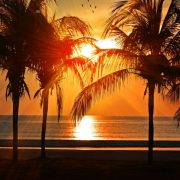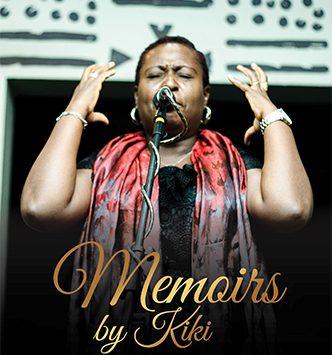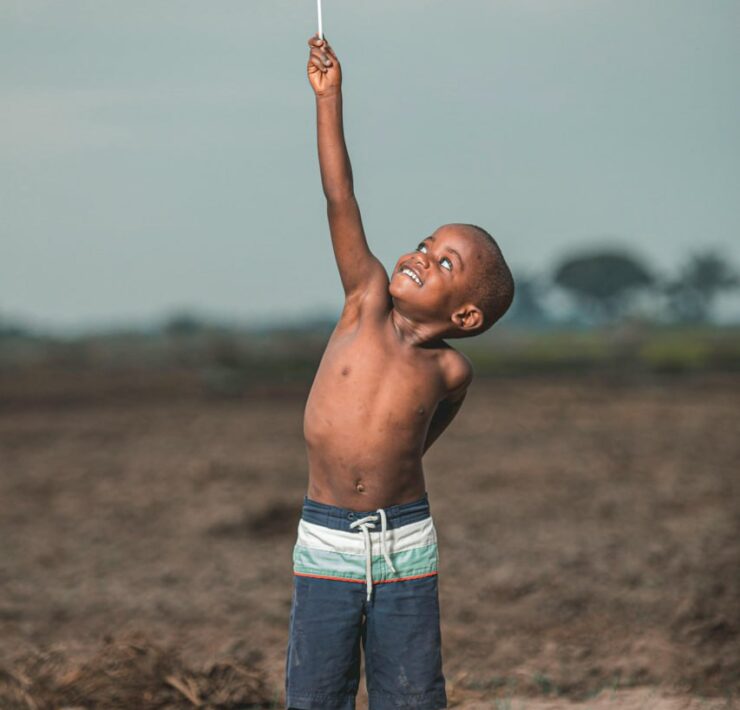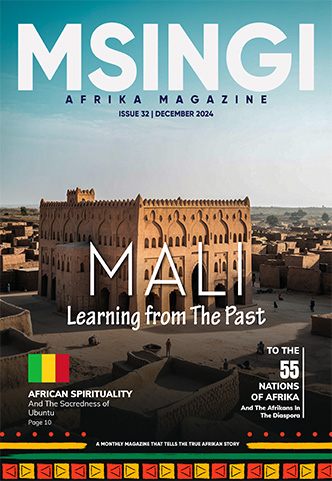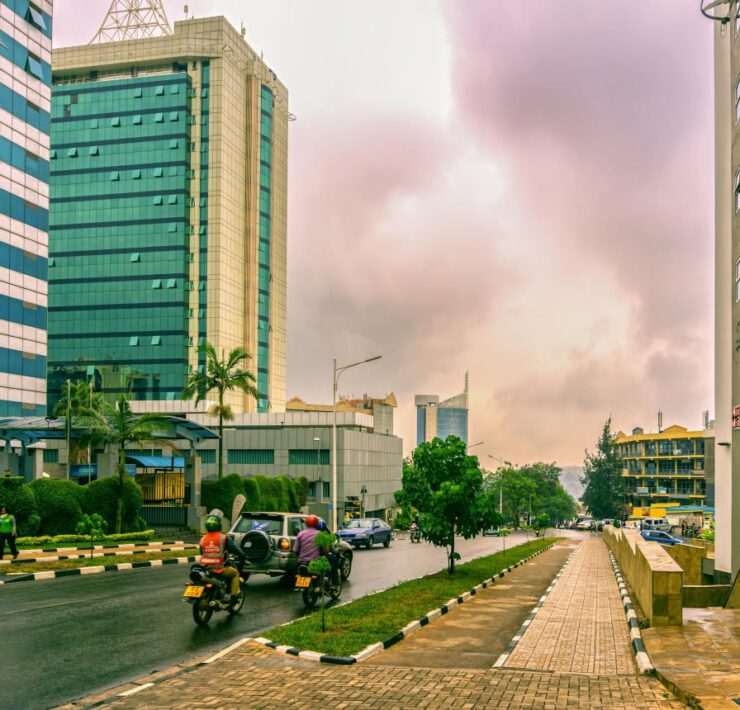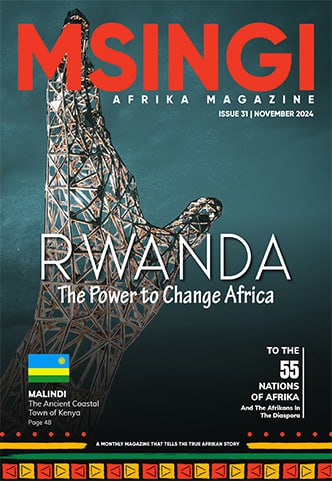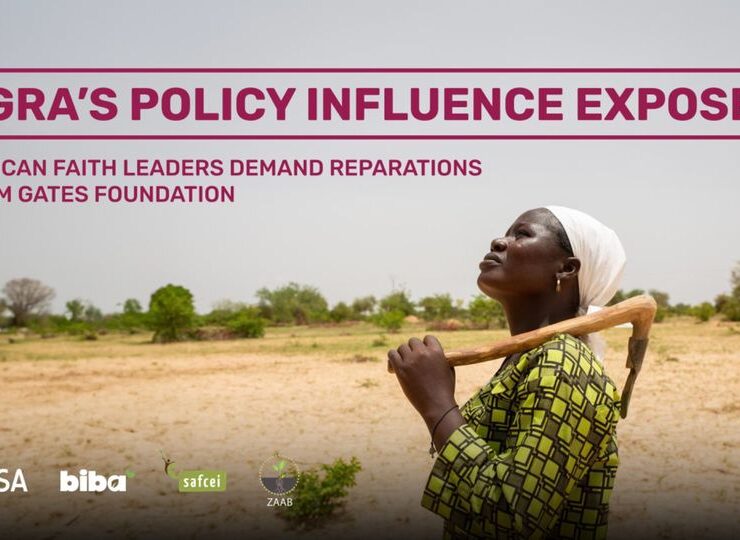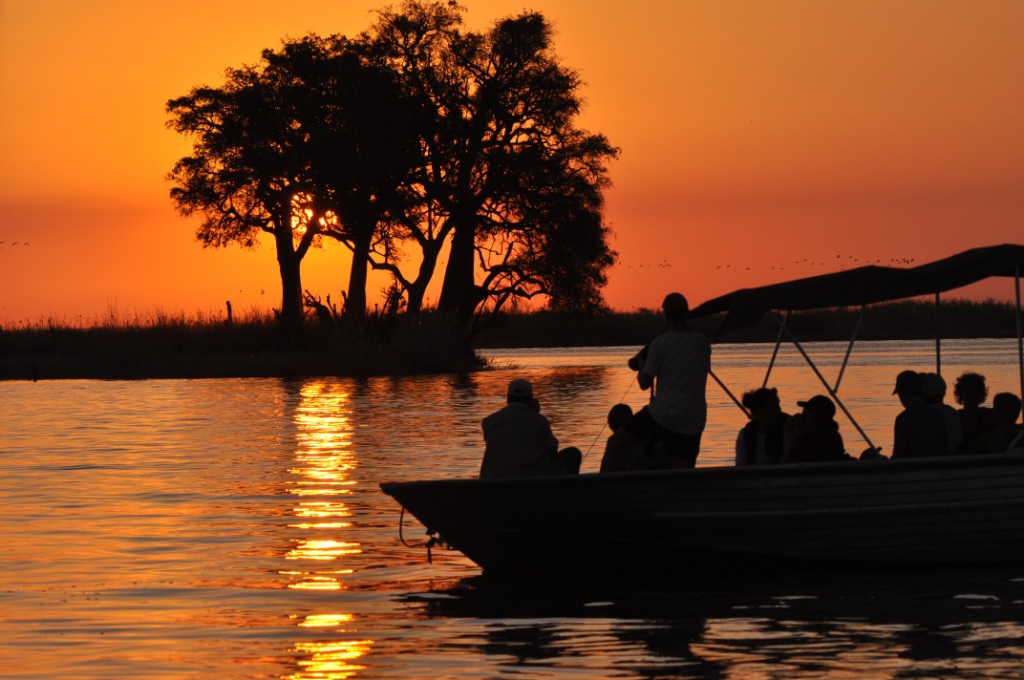
Samuel Phillips is a writer, graphic designer, photographer, songwriter, singer…
Read Next
A couple of years ago, I happened to be at Jomo Kenyatta International Airport as I was returning from a trip to Nigeria. Something happened at arrivals that really got me very upset. It also got me wondering what really is the use of the Afrikan Union, whose unity seems to only point to how it relates with the outside world in regard to aid and loans, rather than how it reflects mutual respect among member states and unity at home.
As I waited for my visa to be processed, a couple of young travelers from Ghana arrived and were also waiting to be processed. There was a bit of an argument between the travelers and an immigration officer. She appeared to be the boss of the other officers on duty. The issue was that the travelers from Ghana were asked about what accommodation they had, of which they explained that all their travel arrangements were done by a travel agency since they had never visited Kenya before and that they were expecting their agent to come for them at the airport. Obviously, the immigration officer would have none of it. I watched her face and could see this horrible disdain for these West Afrikan guys and a very unkind show of an ‘I-am-the-boss’ kind of attitude that was both immature and unprofessional and most importantly, un-motherly, if there is such a word. And mind you I am a Nigerian and was also coming from Nigeria, a west Afrikan country, so I was also dealing with some unnecessary profiling in which I was made to sit in one office that looked like it was set aside only for anyone coming from West Afrika (no other nationalities were referred to that office for the three hours or so that I was there). The boss woman simply wouldn’t listen to any explanation from these Ghanaian guys. It was a back and forth drama but what happened after that, I was not really aware, for another argument started with this same immigration official and two Nigerian men that were initially seated quietly in a corner of the same office that appeared to be made for West Afrikans. They too had just arrived from Lagos. The issue was that the Nigerian guys told the female immigration official that they came for tourism and even showed her their hotel reservation and their two-week itinerary. But like the first, she was just hard on the guys, saying words that are demeaning about West Afrika. The guys were very upset and angry and instantly decided to return home, saying that they couldn’t spend their money coming to an Afrikan country that wouldn’t even respect them as Afrikans. One or two things happened and they were asked to go to another office for further checks.
I finished whatever I needed to do and was about to leave, then I met the Nigerian guys and they told me that the entire noise and argument that happened earlier was because they had refused to give the immigration officers 100 dollars each, outside of the normal 50 dollars that they had each already paid for their tourist visas. Mind you, I was asked to pay that same money, but that is a story for another day. Surprisingly, earlier, while I was seated waiting for my visa, I had watched as every White man or Asian man came in without any form of hassle or without being made to wait in any special room set aside for West Afrikans.
I didn’t like any of the experiences at JKIA, but the question that was on my mind all through was why do we as Afrikans treat our fellow Afrikans with so much disdain and disrespect? Why is it that the first thing an average Afrikan sees in another Afrikan on first sight is crime or some other undesirable stereotype? Why can’t Afrikans be free to move, visit, trade or live wherever their journeys take them in Afrika without harassments of any sort. There are no completely clean crime-free nations on the earth, so it’s totally absurd for any immigration officer or anyone in any Afrikan country to treat other Afrikans as criminals without even a single thing pointing at evidence that they are involved in criminal activities. When will Afrikan tourism for Afrikans in Afrika be a thing that all Afrikans can enjoy?
Afrika’s Tourism in the face of Covid-19
I saw a Daily Nation headline on the Google news app installed on my phone and it reads “Local tourists flock to Maasai Mara for annual wildebeest migration.” The headline caught my attention instantly and I proceeded to read the article. But before I share the few of the things that I picked out of the article, let me try to explain the annual event called the Wildebeest Migration.
The Great Wildebeest Migration is a fascinating and spectacular annual movement of over 1.5 million wildebeest, hundreds of thousands of zebra, eland and gazelle in search of pasture and water. It takes place within the Serengeti ecosystem, which is a 40,000-square mile area making up the Maasai Mara National Reserve in Kenya, which is in the north of the ecosystem and Ndutu, Ngorongoro Conservation Area and Maswa Game Reserve in Tanzania, the southern part of the ecosystem. The central, eastern and western areas include Grumeti Reserve, Loliondo, the official Serengeti National Park including part of southern Kusini and other protected areas. The migration is a constant movement of masses of animals in search of resources once they are depleted in one area. The highlight of this migration has been the crossing of the Mara River, where the wildebeest and other animals have to run the gauntlet of crocodile-infested waters. The migration pits one group of hungry beasts against another, each one needing resources to survive, this quest forcing them together in the ultimate life or death challenge.
Now, from the Daily Nation article, a few things stood out for me. One of them was this statement “Normally, the migration marks the beginning of the international tourists’ annual peak season, but domestic tourists will enjoy the spectacle until August 1, 2020, when international flights are expected to resume.” And another one said, “We expect business to start picking up by mid next month when the airspace is opened, but already we have received a slightly over 200 to 300 Kenyans after the cessation of movement was lifted by President Uhuru Kenyatta.”
I must tell you it was a great article by Daily Nation newspaper, but I have a few issues, not with the article (which was merely indicative of the main issue), but with the fact that tourism in Afrika was not really created to attract Afrikans but it was set up for non-Afrikans. Should that be a problem? Well, it depends on your heart towards Afrika and the narrative of a free Afrikan movement of people, goods and services. But for me, it is a Yes. It is a long time problem which Covid-19 lockdown has inflated since no non-Afrikans are coming into Afrika at the time of writing. And that means that the moment the lockdown is eased and the various Afrikan airspaces are opened, the actual people that Afrikan tourism was created for, that is, the white visitors will begin to come in and then tourism will go back to the way it was set up to be.
But should this be what we are still facing in Afrika between Afrikans after sixty years of independence? It should not be so.
The African Continental Free Trade Area (AfCFTA)
On May 30th 2019, Afrika made history as the Agreement establishing the AfCFTA officially entered into force.
With 54 out of the 55 member states of the Afrikan Union signing the agreement, Afrika brought into being the largest trading block since the formation of the WTO. It will be the largest free trade area in the world, uniting 1.3 billion people in a $3.4 trillion economic bloc, and it came about after protracted negotiations between the leaders of 54 African nations. The entry into force of the AfCFTA is also marked by the speed at which Afrikan countries worked together within a year to establish a regional trading block to promote intra-Afrikan trade following the adoption of the AfCFTA on 21 March 2018 in Kigali, Rwanda. You can do a more comprehensive read about AFCFTA on the African Union website.
The proposed date for the commencement of this agreement was originally slated for July 1st, 2020, but it was postponed to 2021 due to the pandemic. One of the many benefits of this agreement is the free movement of people, goods and services across Afrika, which put in another word means, Afrikan business and tourism for Afrikans. Personally, I feel that it’s a very welcome development, especially with the loads of benefits it has for Afrika and Afrikans. But the issue I perceive it will have that will undermine this process, and which various experiences have shown me, is the mindset that we Afrikans have towards ourselves. Meaning that it’s a good thing to have the right as an Afrikan to travel to any Afrikan country, according to the provision of the African Continental Free Trade Area agreement, but who monitors the maligning of Afrikans when they get to the various borders of their destinations, as shown in the airport drama I earlier shared? Are there any provisions in the agreement documents that give clarity about how Afrikan tourists should be treated at any Afrikan border? For if these provisions are not in place, will it not be a waste of time expecting goods and services to pass through free trade areas, while the Afrikans themselves, who are the owners of the goods and services are mistreated at the very same borders?
For me, I think an Afrikan citizenship can help resolve this. For if we all carry one passport bearing the Afrikan Union seal, should it not help? And should not the restoration of our oneness and brotherhood become its primary goal, uniting us for a greater purpose, that is, for strength and growth and restoration of so much that has been lost over time?
Subscribe now for updates from Msingi Afrika Magazine!
Receive notifications about new issues, products and offers.
What's Your Reaction?
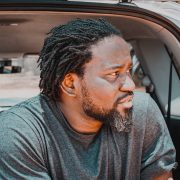 PIN IT
PIN ITSamuel Phillips is a writer, graphic designer, photographer, songwriter, singer and a lover of God. As an Afrikan content creator, he is passionate about creating a better image and positive narrative about Afrika and Afrikans. He is a true Afrikan who believes that the true potential of Afrika and Afrikans can manifest through God and accurate collaborations between Afrikans. Afrika is the land of kings, emperors, original wisdom, ancient civilizations, great men and women and not some road-side-aid-begging poor third world continent that the world finds joy in undermining.








